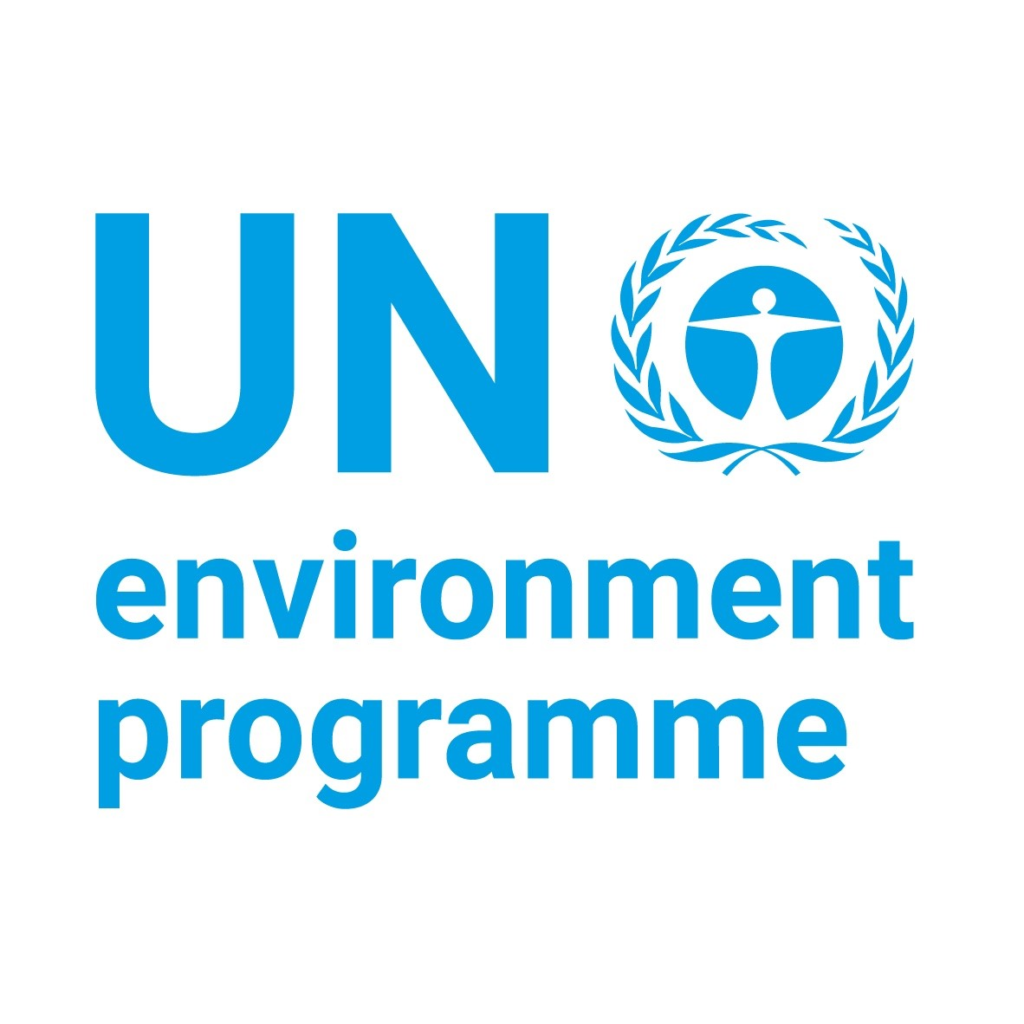 (AGENPARL) - Roma, 15 Luglio 2024
(AGENPARL) - Roma, 15 Luglio 2024(AGENPARL) – lun 15 luglio 2024 [cid:87098a18-f224-4231-9f55-4724da242e4b]
Press release
As global crises join forces, world must adopt forward-looking approach to protect human and planetary health
New York, 15 July 2024 – As environmental, technological and societal change join forces to disrupt human and planetary health, the world must get better at tracking and responding to a host of emerging challenges, according to a new report from the United Nations Environment Programme (UNEP) and the International Science Council (ISC).
Navigating New Horizons – A Global Foresight Report on Planetary Health and Human Wellbeing identifies eight critical global shifts that are accelerating the triple planetary crisis of climate change, nature and biodiversity loss, and pollution and waste.
The shifts include humanity’s degradation of the natural world, the rapid development of technologies such as AI, competition for natural resources, widening inequalities and declining trust in institutions. These shifts are creating a polycrisis, in which global crises are amplifying, accelerating and synchronizing – with huge implications for human and planetary wellbeing.
Eighteen accompanying signals of change – identified by hundreds of global experts through regional and stakeholder consultations that included youth – offer a deeper glimpse into potential disruptions, both positive and negative, that the world must prepare for.
“As the impacts of multiple crises intensify, now is the time to get ahead of the curve and protect ourselves from emerging challenges,” said UNEP Executive Director Inger Andersen. “The rapid rate of change, uncertainty and technological developments we’re seeing, against a backdrop of geopolitical turbulence, means any country can be thrown off course more easily and more often.
“By monitoring signals of change and using the foresight approach outlined in this report – including looking outside the traditional environmental space – the world can avoid repeating mistakes of the past and focus on solutions that can withstand future disruption.”
Signals of change
Key shifts and signals of change outlined in the report include:
The demand for critical rare earth elements, minerals and metals to fuel the transition to net-zero is expected to increase fourfold by 2040, increasing calls for deep sea mining and even space mining. This poses potential threats to nature and biodiversity, could increase pollution and waste, and spark more conflicts.
As permafrost thaws on a warming planet, ancient organisms that may be pathogenic could be released, resulting in major environmental, animal and human impacts. This phenomenon has already led to an outbreak of anthrax in Siberia.
While AI and digital transformation can bring benefits, there are environmental implications – such as increased demand for critical minerals and rare earth elements and water resources to meet data centre demands. The use of AI in weapons systems and military applications, and the development of synthetic biology, need careful review through an environmental lens.
Armed conflict and violence are rising and evolving. These conflicts result in ecosystem degradation and pollution, leading to repercussions for vulnerable populations.
Forced displacement is increasing human health and environmental impacts. One in every 69 people is now forcibly displaced – nearly double the figures from a decade ago. Conflict and climate change are key drivers.
Adopting foresight
However, the report finds that using foresight tools can help the world to anticipate and prepare for the next emerging challenges and future disruptions.
Peter Gluckman, President of the ISC, said, “Foresight provides a useful set of tools to step outside of short-termism to help identify future opportunities and risks provided that it is done in a truly pluralistic manner, transcending narrow institutional mandates, sectors and other artificial divides that constrain our framing of the problems and the solutions.”
The report recommends adopting a new social contract that engages a diverse range of stakeholders, including indigenous people; giving young people a stronger voice; and rethinking measures of progress to go beyond GDP.
Governments and societies can also introduce shorter term targets and indicators that allow them to be more agile in governance. Ushering in tools and actions to reconfigure financial systems and reroute capital flows – a positive signal of change in the report – could help to reduce inequalities, eradicate extreme poverty and address environmental crises.
Supporting agile and adaptive governance would require better monitoring and assessment of interventions. This includes integrating and improving monitoring on environmental change, and making data and knowledge more accessible.
Just as the impacts of multiple crises are amplifying harm to environmental and human health, the solutions are in sight and actions are underway that would address the global shifts and signals of change identified in the report. Foresight can help to accelerate these actions and spark many more.
NOTES TO EDITORS
About the UN Environment Programme (UNEP)
UNEP is the leading global voice on the environment. It provides leadership and encourages partnership in caring for the environment by inspiring, informing and enabling nations and peoples to improve their quality of life without compromising that of future generations.
About the International Science Council (ISC)
The International Science Council (ISC) works at the global level to catalyse change by convening scientific expertise, advice and influence on issues of major importance to both science and society.
The ISC is an international non-governmental organization with a unique global membership that brings together 250 international scientific unions and associations, national and regional scientific organizations including academies and research councils, international federations and societies, and young academies and associations.

